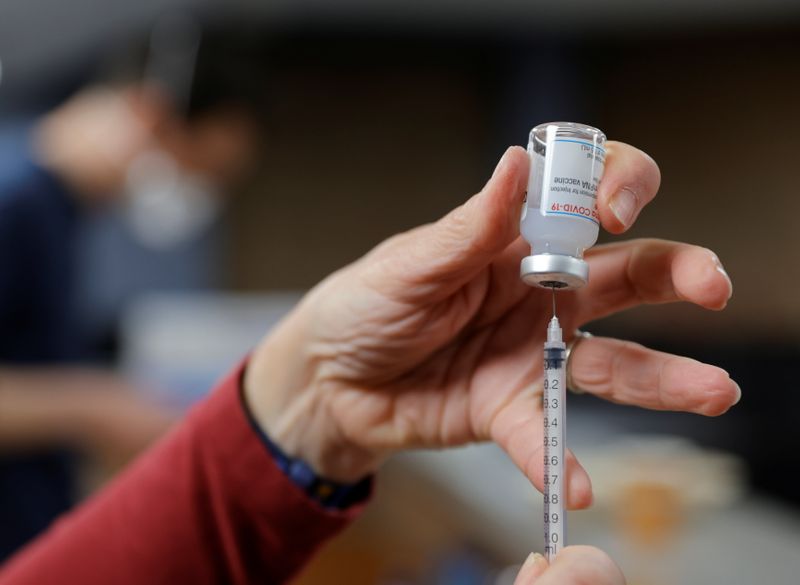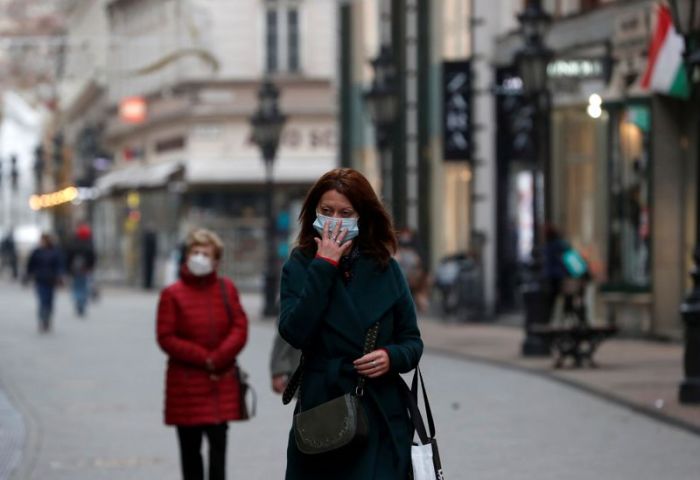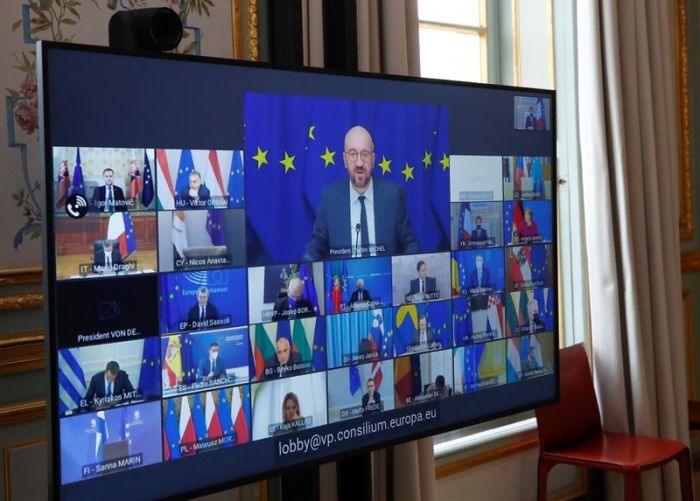(Reuters) – College students in the United States, vaccinated with Moderna Inc’s COVID-19 vaccine, will be part of a new study to test its effectiveness in curbing the spread of the virus, the COVID-19 Prevention Network said on Friday.
The trial, backed by the National Institutes of Health (NIH), is designed to determine if the vaccine, mRNA-1273, can prevent coronavirus infection, limit virus in the nose, and reduce transmission from vaccinated individuals to their close contacts.
The Prevent COVID U study, funded by the National Institute of Allergy and Infectious Diseases (NIAID), will monitor about 12,000 young adults across 20 universities over a five-month period.
Half of the students will be vaccinated at enrollment, while the other half will receive the vaccine four months late, according to the network, formed by NIAID to conduct studies of vaccines and antibodies for the new coronavirus.
The students, as well as 25,000 individuals named by them as ‘close contacts’ will fill out questionnaires, take nasal swab samples and provide blood samples for a designated period, allowing study investigators to measure the spread of the virus.
“Our hope is that we demonstrate that COVID-19 vaccines prevent people from getting infected with coronavirus in the first place and that it stops transmission to others,” said Dr. Larry Corey, principal investigator of the network’s operations program.





















